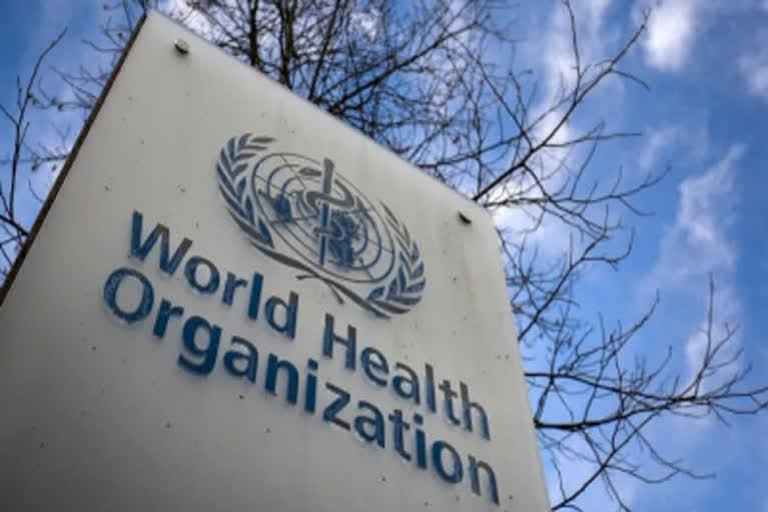New Delhi: Stating that an estimated 60 million people in the South-East Asia Region live with chronic Hepatitis B and around 10.5 million people live with chronic Hepatitis C, the World Health Organisation (WHO) on Wednesday said that it is intensifying action to eliminate viral hepatitis as a public health threat by 2030.
Globally, an estimated 296 million people live with chronic Hepatitis B and around 58 million live with chronic Hepatitis C. In 2019 viral hepatitis caused nearly 1.1 million deaths globally, despite the existence of safe and effective vaccines that can prevent Hepatitis B and antiviral drugs that can manage chronic Hepatitis B and cure most cases of Hepatitis C, the WHO said.
In 2019 around 1,80,000 people in the region died of Hepatitis B and about 38,000 died of Hepatitis C. "The region has in recent years achieved significant advances in hepatitis prevention, in line with its Regional Action Plan for Viral Hepatitis. Nine of the region's 11 Member States have achieved coverage of more than 90 per cent of the third dose of Hepatitis B vaccine," said Dr Poonam Khetrapal Singh, WHO Regional Director for South-East Asia.
Also Read:India, US together will bring this pandemic to an end: Blinken
Four countries of the Region – Bangladesh, Bhutan, Nepal and Thailand – have achieved the Hepatitis B control target. Almost all Member States have begun implementing strategies to address hepatitis specifically, with a focus on driving integrated, coordinated action.
"Outreach and engagement with key populations, community, and civil society organizations continue to be a core priority, in line with the Region's commitment to advance health equity and achieve universal health coverage (UHC) – one of its eight Flagship Priorities. Amid the COVID-19 response, WHO continues to support all countries in the region to maintain essential health services, including for hepatitis, and to accelerate progress towards the 2020 and 2030 targets," Dr Singh said.
Also Read:Cabinet okays up to Rs 5 Lakh insurance on bank deposits within 90 days of moratorium
On the occasion of World Hepatitis Day, Dr Singh said that action to eliminate viral hepatitis cannot and must not wait. "Hepatitis can be prevented and treated. And yet every year, it kills more people globally than HIV and malaria – one person every 30 seconds. Today's commemoration highlights the urgent need to scale up the response and to embed hepatitis prevention, testing, and treatment into the overall quest to achieve UHC, which must prioritize community ownership, action and engagement," said Dr Poonam Khetrapal Singh.
Also Read:Has the govt bought Pegasus? Answer in 'yes' or 'no': Rahul Gandhi
